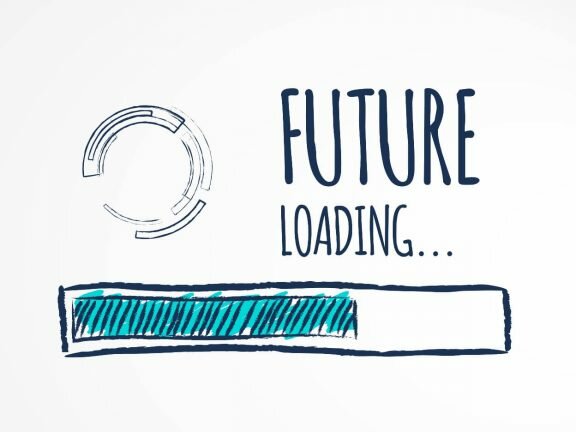“Big Data” is a term which at one point meant absolutely nothing to me and I know that I am not alone. When I mention this phrase in my role I often receive very blank looks, but it’s not surprising that people are unaware of the concept of Big Data as it is not a term which is overly used in everyday life. What is more surprising however is that there is not more training or education on this important topic which ultimately affects everyone.
In very simple terms Big Data is a phrase used to describe large and/or complex datasets. Every day you are creating data. As technology grows, so does Big Data. They are being collected on your mobile phone, on your social media accounts and on your supermarket loyalty cards, to give just a few examples, and yet so many people are unaware of the concept, what it means and how it can be used.
When Big Data are mentioned the first thought people have is in regards to their privacy, they do not want their data to be used or shared. It is natural to care about the protection of your privacy. I studied Law as an undergraduate and Human Resources as a postgraduate, so confidentiality and privacy have been drummed into me no end (note that I am not from a maths or science background, and you do not need to be either to understand about Big Data). However, the beauty of Big Data is that they can be used positively whilst being anonymised so that absolutely no links can be made between the results and the individual that the data came from.
Since working in my new role as Outreach and Engagement Coordinator at the Business and Local Government Data Research Centre (BLGDRC), I have seen, and been very impressed, with the many benefits that Big Data can achieve in society. Data can be used by policymakers to make better, more informed decisions. For example, data collected by mobile phones or satellites could be anonymised and used to determine the most popular routes taken within a town/city which can lead to new public transport routes. Data can also be used to identify skills gaps or ways to improve the High Street, which is all positive for improving our economy.
Similarly, data collected by loyalty cards can be used by businesses to identify trends, which can help with the creation of deals and bespoke offers which are beneficial to both the consumer, and the organisation. Data can also be used to improve supply chain management, and by reducing the time taken to transport goods to businesses, the shelf life can be increased, again helping to boost our economy.
Big Data can also be used in helping to support vulnerable people. Local Authorities can use data to identify where social care is needed the most and forecast future needs.
The more that my understanding of Big Data expands, the more I gain insight into how they can be used positively to improve our society. The data on their own are redundant however and require manipulation from the right people who possess the analytical skills required. At the BLGDRC we employ staff and researchers who possess these skills and can assist Local Authorities and small to medium businesses to get the most out of their data. We also deliver training on Big Data and data analytics, to help to empower society and enhance knowledge.
Blog post by (Outreach and Engagement Coordinator at the Business and Local Government Data Research Centre), please email if you’d like to know more about how you could work with the Centre or participate in training courses and other events.
Published 27 October 2016





